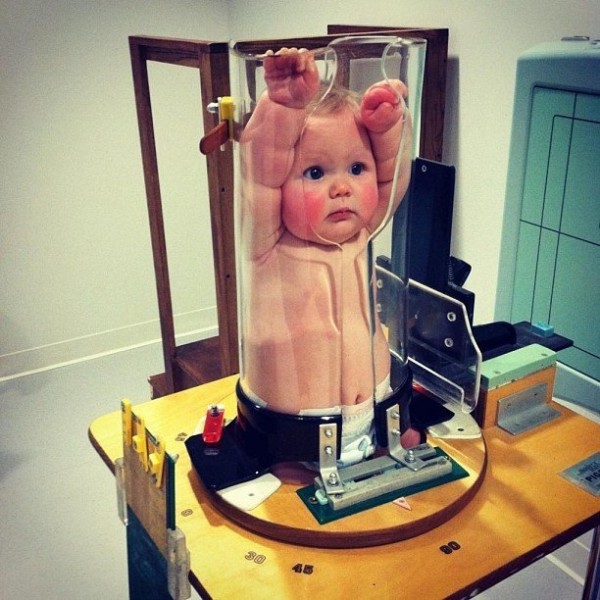2017 Budget
Written by Ray Coman
 The March 2017 Budget delivered by Chancellor Hammond this afternoon added further tax pressure to the self-employed and owner manager business sector. The speech descended into Pantomime at one stage with Hammond retorting 'oh yes we will!' to a heckle from the opposing benches. If it was a Pantomime Budget, the accountant was yet again cast as villain.
The March 2017 Budget delivered by Chancellor Hammond this afternoon added further tax pressure to the self-employed and owner manager business sector. The speech descended into Pantomime at one stage with Hammond retorting 'oh yes we will!' to a heckle from the opposing benches. If it was a Pantomime Budget, the accountant was yet again cast as villain.
Increase in national insurance rate for the self-employed.
Recap on previous announcements
Increase in national insurance rate for the self-employed.
A self-employed individual is subject to a rate of (Class 4) national insurance of 9% on any profits over the small profits limit, currently £8,060 per annum. Announced in the Budget was a rise in this rate to 10% from April 2018 and again to 11% in 2019.
Cut to dividend allowance
A dividend allowance was announced by the preceding Chancellor, when the rate of income tax on dividends was hiked. Its effect is to treat as tax exempt the first part of any dividend received. The allowance, currently £5,000 will be decreased to £2,000 from 6 April 2018. This will affect self-employed people who conduct business through a company.
VAT
The Value Added Tax (VAT) registration threshold is set to rise to £85,000 from £83,000 in April; The de-registration threshold to also increase from £81,000 to £83,000.
Making tax digital
The government is introducing policy for businesses and landlords to report profits to HMRC once every three months. In today’s announcement, this requirement will be delayed by a year, to April 2019, for landlords, sole traders and partners with a turnover below the VAT threshold. Companies will be required to report profits once every three months from April 2018.
Promoter of Tax Avoidance
As previously announced in the 2016 Autumn Statement, a financial penalty will be imposed on any person involved in the promotion of a scheme which is defeated by HM Revenue & Customs.
Cash basis
Certain unincorporated business can account to HMRC for profits on the basis of cash paid and received. This contrasts with the accruals basis used for other entities, where profits would be determined to a greater extent by invoice date. The government has increased the threshold for accounting for profits on the cash basis to £150,000. Once the basis is applied it can continued to be used until profits reach £300,000. The threshold is currently £83,000 and the proposal is due to be effective 6 April 2017.
Recap on previous announcements
The list below summarises forthcoming changes announced prior to the Budget:
- Personal allowance to increase by £500 to £11,500 on 6 April 2017.
- A £2,000 increase to the higher rate threshold
- Class 2 NICs to be abolished from April 2018.
- A cut in the rate of corporation tax to 19% on 1 April 2017 and again to 17% in 2020.

